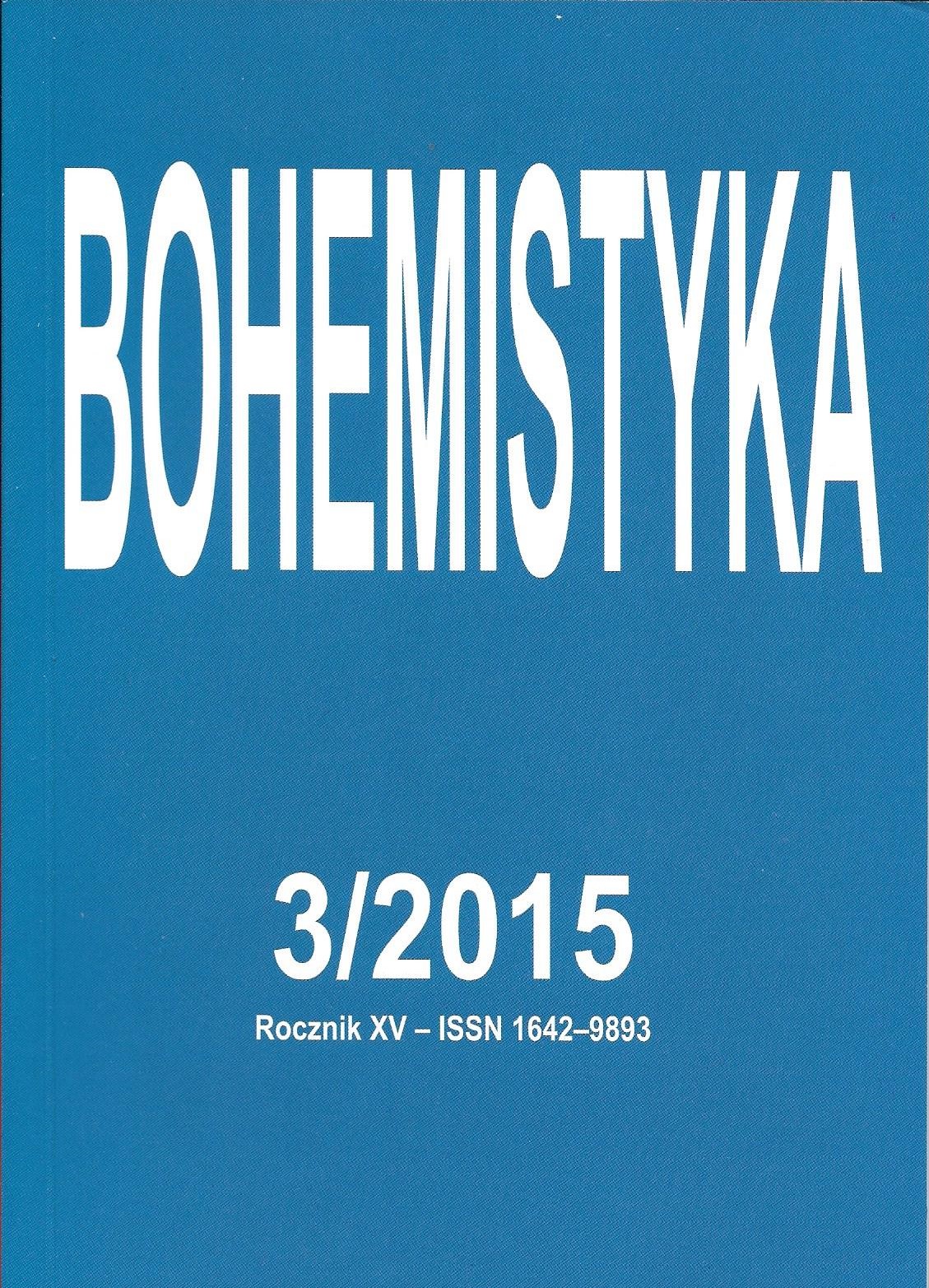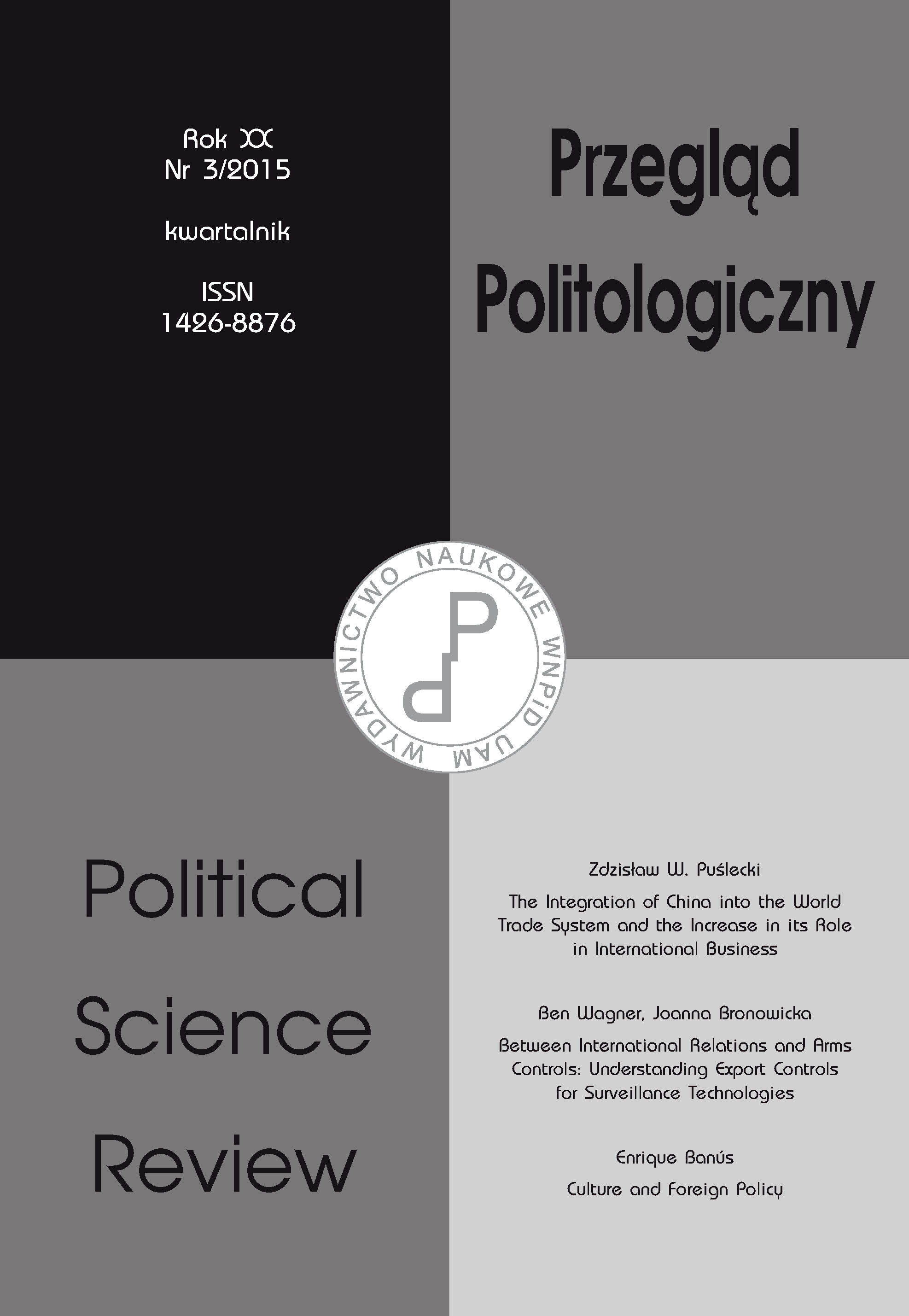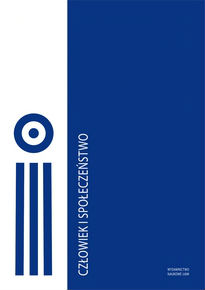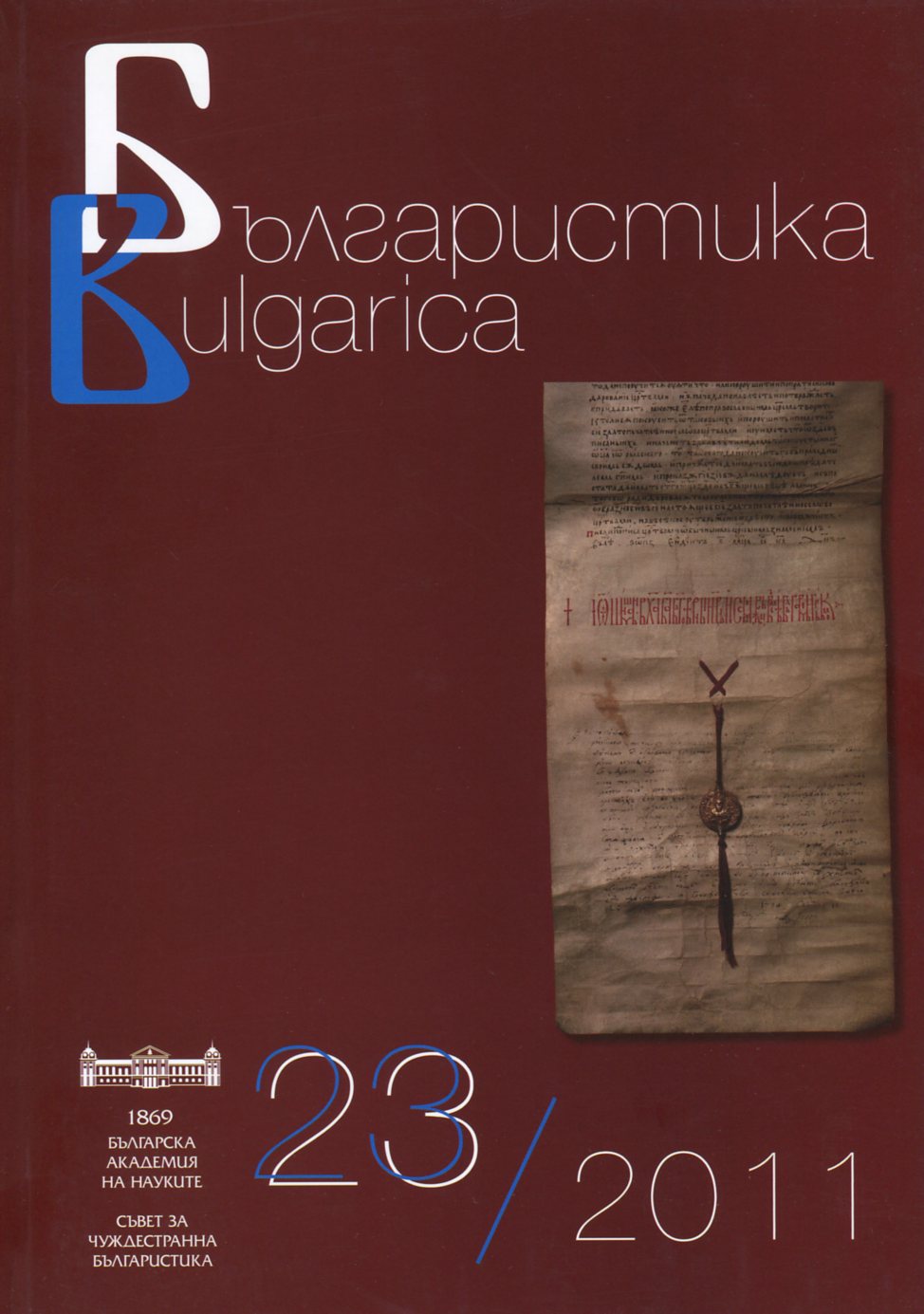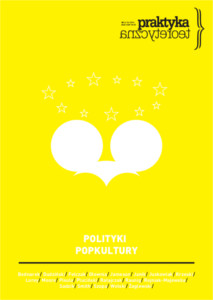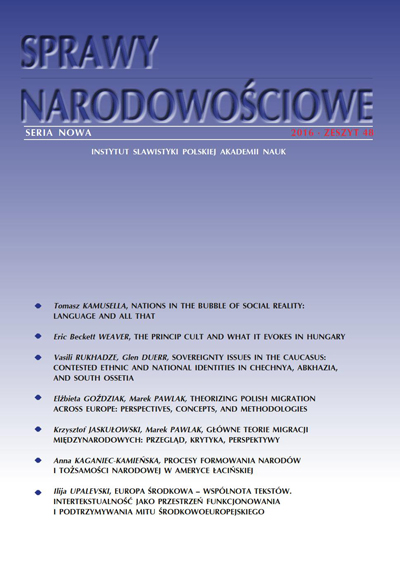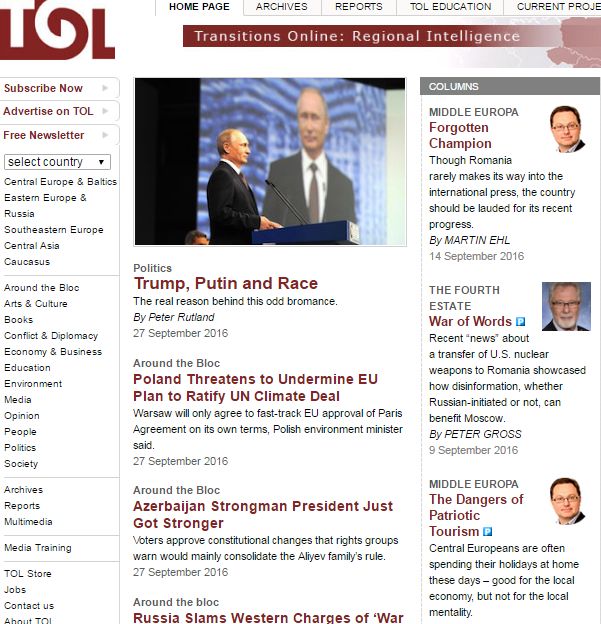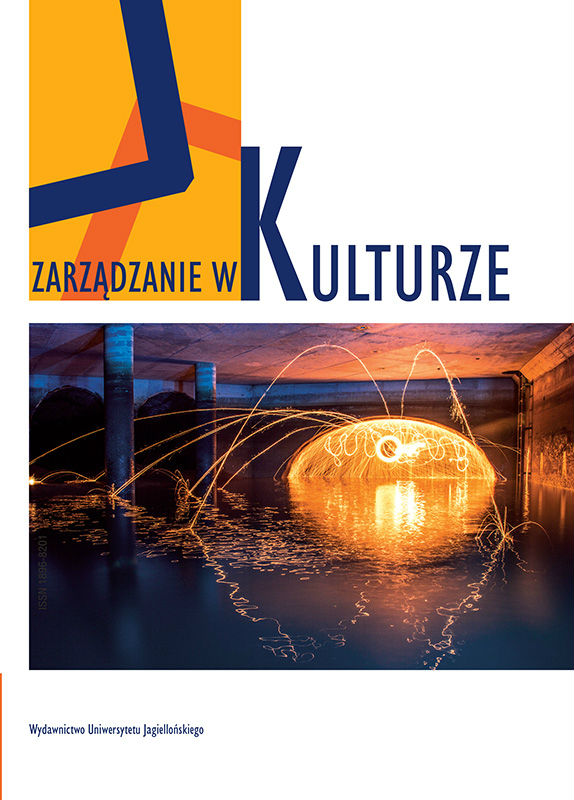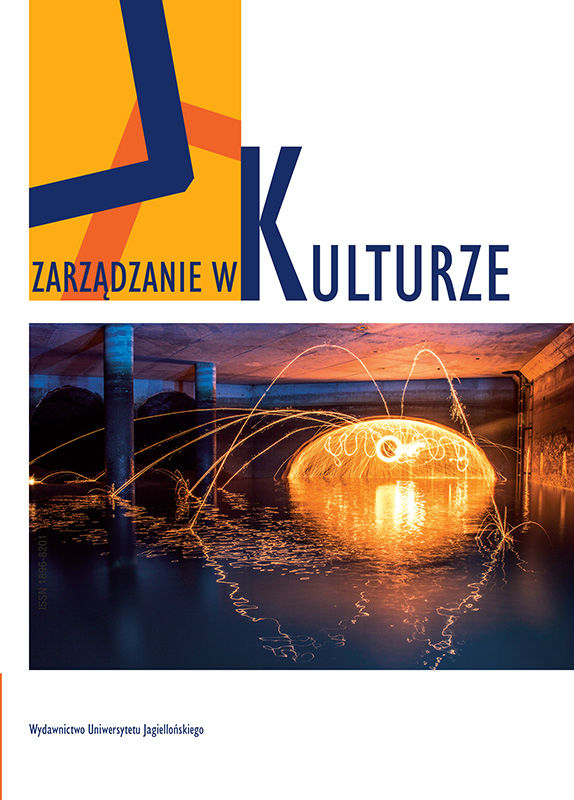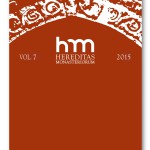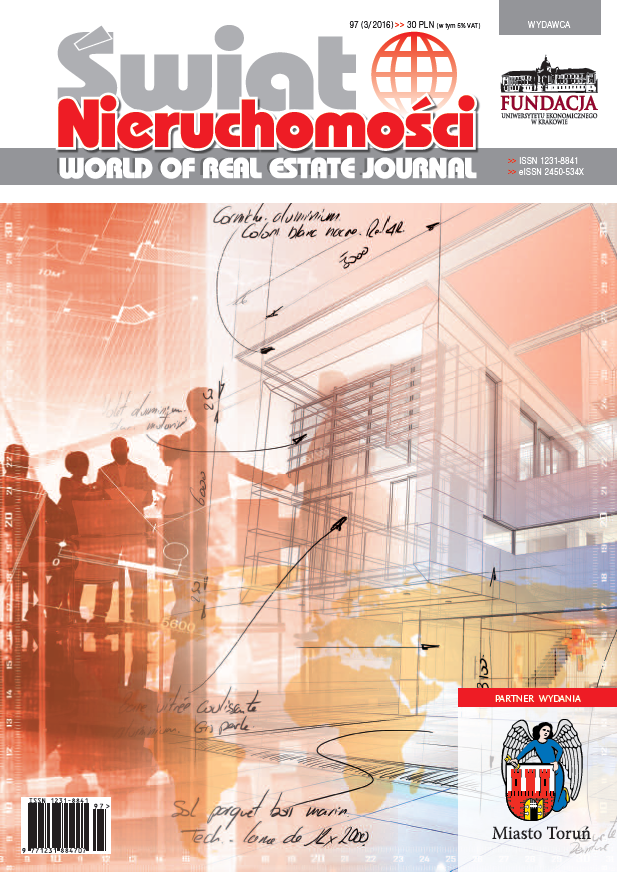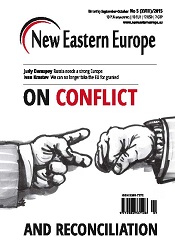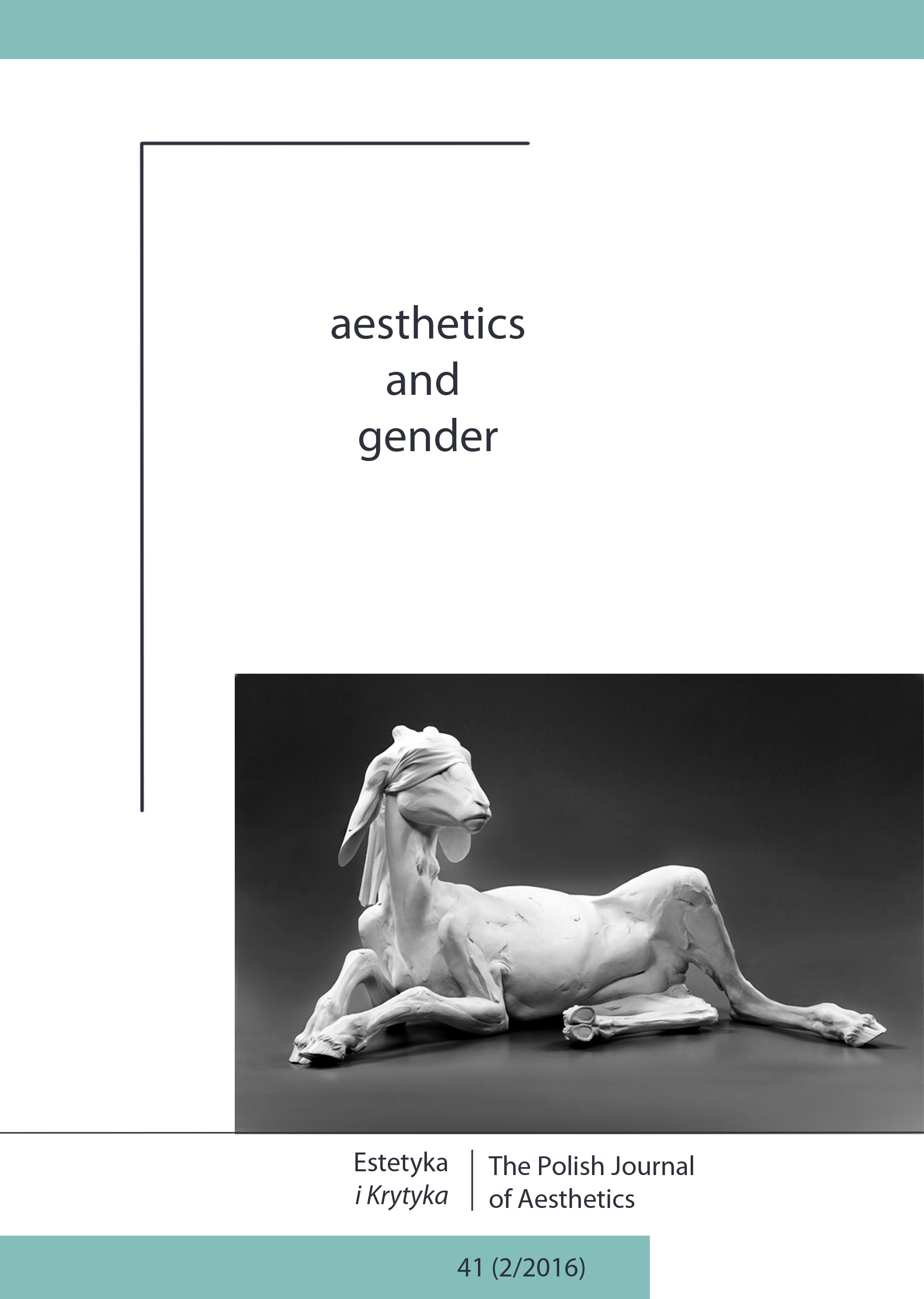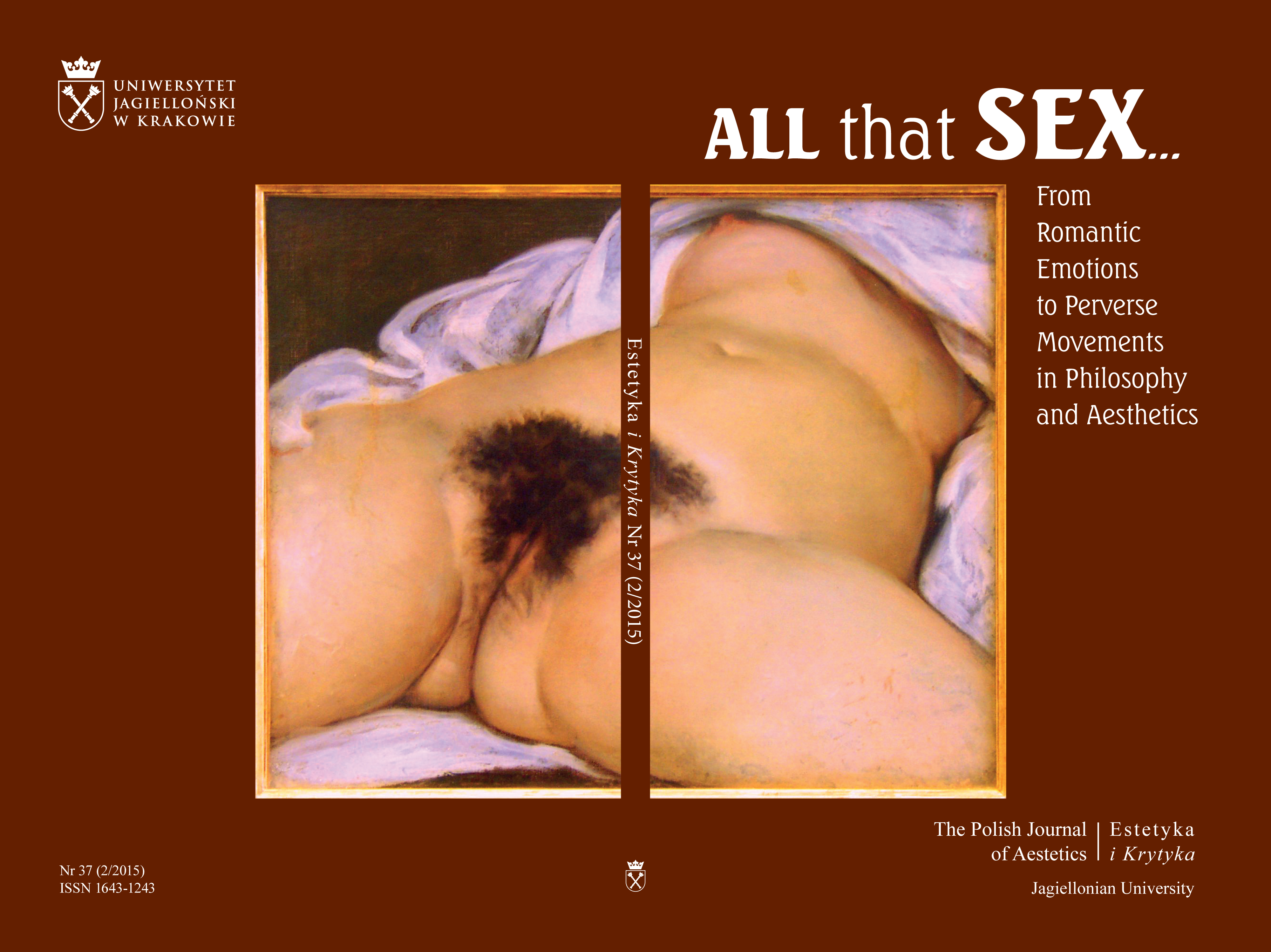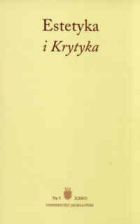Author(s): Alina Mądry / Language(s): Polish
Issue: 7/2015
Between 5 and 9 October 2015 I conducted preliminary research at the Bayerische Staatsbibliothek in Munich (Musikabteilung). Its purpose was to carry out a more detailed examination of a part of the collection of music items associated with the vocal-instrumental ensemble active in the 18th century at the Cistercian Abbey of Obra, items currently kept in Munich. Over the course of five days I carried out an in-depth analysis of 26 musical manuscripts. The Obra collection encompasses 181 manuscripts, including 16 sets (between two and six compositions in one manuscript). They originated mostly in the 18th century. The choice of manuscripts from the collection was inspired by my previous research into music items from Wielkopolska, and a desire to confirm, explain or revise some my research hypotheses. We know that the Obra manuscripts currently kept in Munich are not the complete collection the Obra ensemble used. The question is explained in the article. The analysed manuscripts can be divided into three groups:
– Wojciech Dankowski’s autographs: Mus.ms. 5025, 5027, 5030, 5096, 5121;
– compositions by other authors for whom Dankowski acted as a scribe: Mus.ms. 5017, 5063, 5066, 5083, 5084, 5110, 5417;
– other compositions: Mus.ms. 4996a, 5060, 5061, 5070, 5090, 5094, 5098, 5102, 5122-1, 5122-2, 5139, 6594, 6596, 6597.The analysis of the selected manuscripts clearly demonstrates that there is a need for further research. The Obra collection should be examined in detail as a whole and compared wit h other music collections from Wielkopolska, especially with the one from Grodzisk Wielkopolski frequently mentioned in the article. The collection should also be digitised to make it accessible to scholars. My analysis of the 26 manuscripts has shown unequivocally that the musical manuscripts from Obra are an important part of the musical culture of 18thcentury Polish-Lithuanian Commonwealth and must be returned to it as quickly as possible through research.
More...
